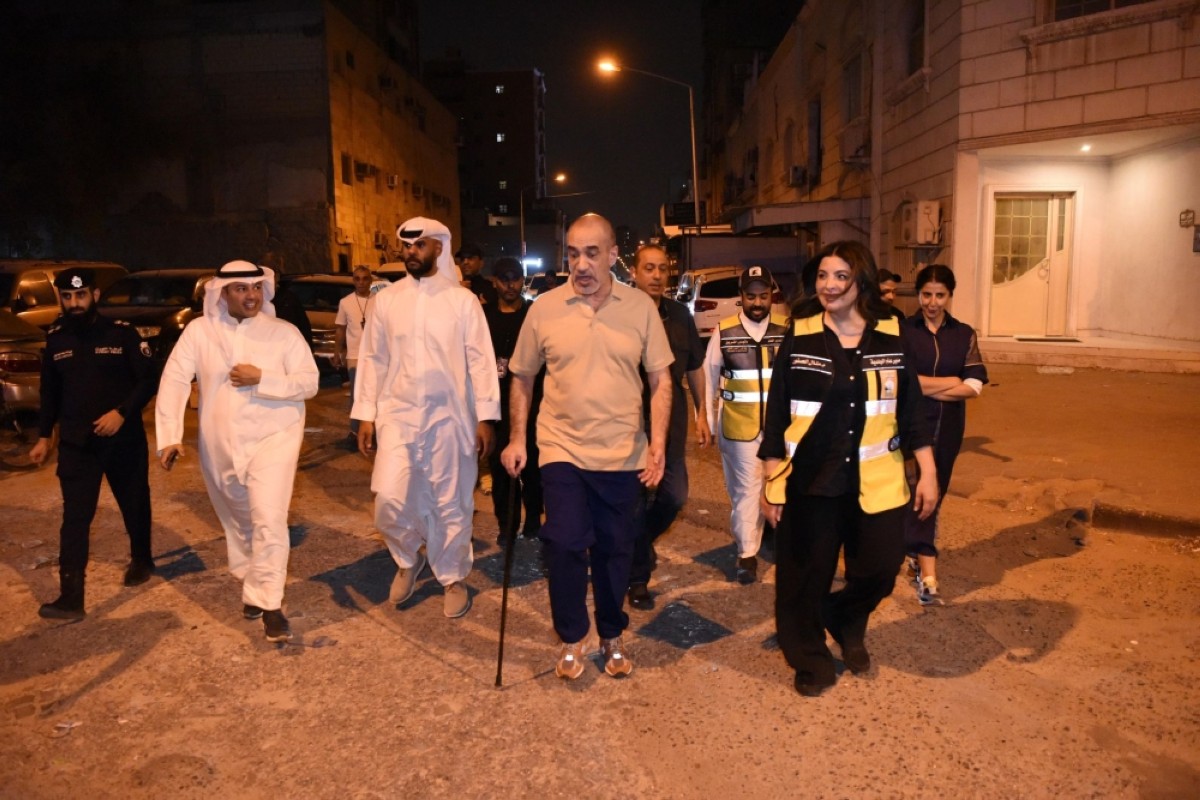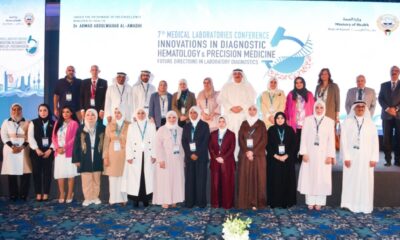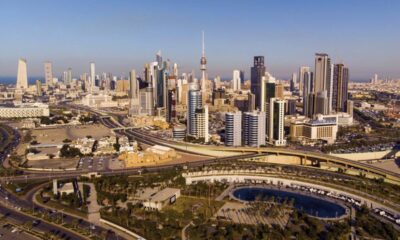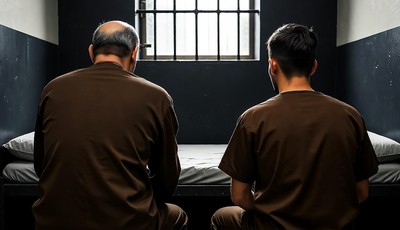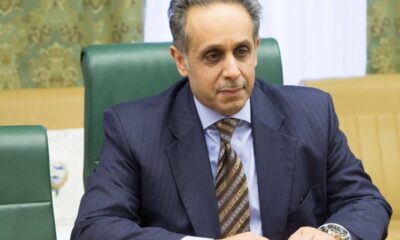KUWAIT: The first Gulf conference on the future of judicial, legal and legislative cooperation among the Gulf Cooperation Council (GCC) countries commenced Tuesday in Kuwait, with the participation of the heads of supreme and cassation courts from GCC member states. Chairman of the Supreme Judicial Council and President of the Court of Cassation Counselor Dr Adel Bouresli said in his opening remarks that the event embodies the wise vision and sound directives of GCC leaders to strengthen joint Gulf action and promote unity and integration in all fields. He noted that the conference aims to build a judicial and legislative system capable of keeping pace with rapid regional and international developments, preserving justice, and ensuring legal security across GCC states.
Dr Bouresli stressed that the conference seeks to advance the aspirations of the presidents of the supreme and cassation courts to deepen the principles of justice and equity in line with global legal developments. “Our goal is to develop the capabilities of judges and their assistants to achieve swift and effective justice that safeguards rights, preserves gains, and defends freedoms,” he said. He explained that the conference agenda addresses the main challenges and emerging developments facing judicial systems in GCC countries, with the objective of reaching practical and scientific outcomes that would open new horizons for judicial, legal, and legislative cooperation at both regional and international levels.
Dr Bouresli expressed pride in hosting this first-of-its-kind conference in cooperation with the GCC General Secretariat, voicing confidence that the exchange of experiences and practices among participants would enrich its outcomes. Assistant Secretary-General for Legislative and Legal Affairs at the GCC General Secretariat Advisor Sultan Al-Suwaidi said that the convening of the conference reflects the growing attention GCC countries accord to the judicial and justice sectors, as well as their commitment to enhancing cooperation mechanisms and sharing expertise among judicial institutions.
President of the Supreme Judicial Council, President of the Court of Cassation, Counselor Dr Adel Borsali
Al-Suwaidi explained that the conference themes focus on key issues such as the implementation of judicial rulings, extradition of criminals, and the use of modern technologies and artificial intelligence in the service of justice. “This is not just a routine meeting; it is a distinguished platform for unifying efforts and exchanging expertise among justice bodies in GCC countries,” he stated. He added that international participation in the event underscores the Gulf states’ awareness of the importance of global partnerships in combating crime and promoting justice.
Al-Suwaidi expressed appreciation to His Highness the Amir of Kuwait and current GCC Supreme Council Chairman Sheikh Meshal Al-Ahmad Al-Jaber Al-Sabah for Kuwait’s continuous support of joint Gulf efforts, noting that the hosting of this conference is one of the fruits of such commitment. He also thanked the heads of supreme and cassation courts, public prosecutors, and members of judicial and justice committees from GCC countries for their active participation, which strengthens the spirit of Gulf cooperation.
Regional Director of the United Nations Office on Drugs and Crime (UNODC) in the GCC countries Judge Dr Hatem Ali emphasized the significance of using the conference as a platform to develop a unified legislative and judicial strategy for the GCC. He highlighted that the nature of crime has evolved with technological progress, becoming more complex and transnational. “Today’s crimes are committed across cyberspace, planned in one or several countries, and executed simultaneously in multiple locations,” he noted, stressing the need for judicial bodies to adapt and cooperate to effectively confront such challenges.
Dr Ali affirmed that strong and cooperative judicial institutions are the foundation for implementing international conventions and combating crime. He also referred to ongoing coordination between the UN and the GCC General Secretariat in developing the first Gulf strategies to combat drugs, money laundering, and terrorism financing, as well as a forthcoming unified Gulf agreement to address cybercrime and harness artificial intelligence in the justice sector. He commended Kuwait for hosting the landmark conference and for its initiative to unify efforts, policies, and legislation to address emerging judicial challenges.
The conference features discussions on several key topics, including challenges in enforcing family-related judicial rulings among GCC states, extradition of criminals, cross-border financial crimes, and legislative development in the era of artificial intelligence. The sessions bring together experts and stakeholders from GCC countries and the United Nations. Kuwait’s hosting of the event coincides with the 11th regular meeting of the heads of supreme and cassation courts of the GCC countries, scheduled to be held Wednesday. — KUNA


